Michael R. Ash is an LDS apologist, which is kind of like being a scholar, except that instead of making knowledge, you make excuses. His latest article at the Mormon Times tackles the DNA issue.
The DNA issue is a problem. The Book of Mormon purports to be the story of people of Hebrew ancestry (sometimes called ‘Lehites’) who traveled to the Americas. We should expect a healthy percentage of their descendants to have DNA that corresponds to that of a Hebrew population. But DNA studies have shown fairly conclusively that people in this region test up Asian. At this point, it would be reasonable to conclude that the Book of Mormon represents a failed hypothesis. But this is very difficult for True Believers to do without saying ‘yes, but’ and ‘what if’. Many would rather listen to LDS apologists like Ash, who sing the faithful back to sleep, and delay the advance of knowledge. Let’s see what he’s come up with this time.
As noted in an earlier column, I believe the scientific world is part of God’s truth. Therefore, I not only accept the current DNA studies as accurate, I also don’t believe God simply changed Nephite and Lamanite DNA to Asiatic DNA in order to fool scientists. While God certainly has power over all things, I can’t accept that he intentionally deceives us.
I’d like to give Ash props on this, but I can’t. True, he gets the little things right, but his actual commitment to science is paper-thin, ready to be discarded in favour of far-fetched scenarios when it comes down to it. I could say he has a form of science-ness, but he denies the power thereof. I would rather he were hot or cold.
Ash (along with other apologists) argues that it’s not possible to find Lehite DNA because…
We don’t know what “Israelite” DNA from Lehi’s time looks like. We have a general idea of what the DNA of modern Middle-Eastern populations looks like, and we know that as of today it has not been detected among Native Americans, but because we don’t know anything about the DNA of Lehi’s party, we can’t exclude that it could fit among the multiple Asiatic markers we find in modern Native Americans.
I’m not a geneticist. (Although, neither is Ash.) But from my reading, this claim seems untrue. This work has been done, and Native Americans and Hebrews appear to have very little mtDNA in common.
If it’s so difficult to track DNA, then why are geneticists able to do it for other groups? I ran across this description of the Lemba, an African group that claims to have split off from the main body of Israelites, and who in fact do carry the Cohen modal haplotype, a marker of Hebrew origin. If it’s possible to track this group after so long (and on the Y-chromosome, no less), why not the descendants of the Lehites?
Ash again.
DNA markers can disappear. According to virtually all scientists who specialize in DNA as it pertains to population genetics, when small populations mix with large populations there is a significant possibility of losing the DNA signatures of the smaller population.
Genetic bottlenecks, for instance, occur when a significant portion of a population does not reproduce or doesn’t pass mtDNA on to its progeny. If the original Nephites and Lamanites had mostly sons rather than daughters, for example, those sons would have married native women and the mother’s DNA — not Lehi’s wife Sariah’s DNA — would have passed on to the children.
This is a big leap. In order for Ash’s argument to hold, the Lehite women would have to have had no babies. Or babies, but no girls. Usually, the proportion of boys to girls will be about 50:50 for good-sized populations. How come no girls in this case? Were the Lehites into female infanticide? Or were the Lehite girls just not very popular? Are we to assume that none of the maternal Lehite line got through?
Ash’s scenario is incredibly improbable, but it gets worse. For Ash to be right, the same bottleneck would have to have happened twice, once with the much-earlier Mulekites, and again with the Lehites.
So once again, it’s the Incredible Vanishing Hebrews Who Leave No Artifacts. At some point you have to ask yourself: What’s more likely – that an incredibly improbable genetic bottleneck happened twice (and it conveniently coincides with the framework of speculations that Ash promotes elsewhere) — or that someone wrote a fake book?
Wait: I’ve just had a revelation. I’ve just figured out why Lehites left no DNA.
Lehi and Sariah were actually Native Americans. They traveled by boat to get to the Middle East, like Thor Heyerdahl in reverse. That could explain how they were able to navigate the trip back to the Americas so easily. In fact, since so many people from the Book of Mormon were cruising over to the New World, it must have been a piece of cake in either direction. I’m sure that when we finally get those large plates of Nephi, Lehi’s genealogy will turn out just like I say. After all, my evidence is just as solid as anything Ash has written.



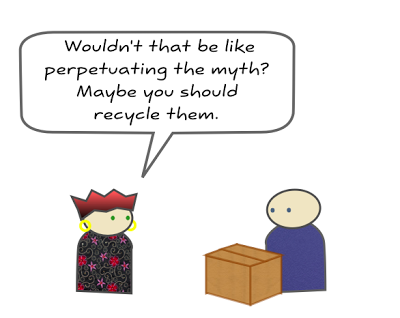









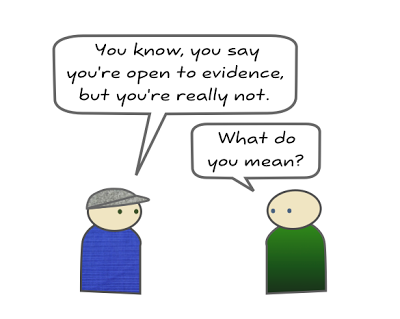

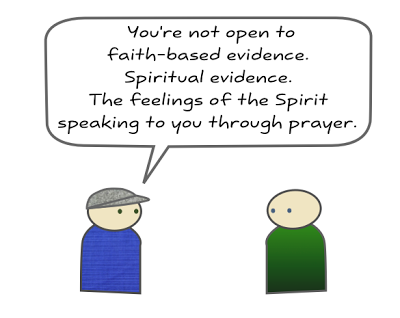
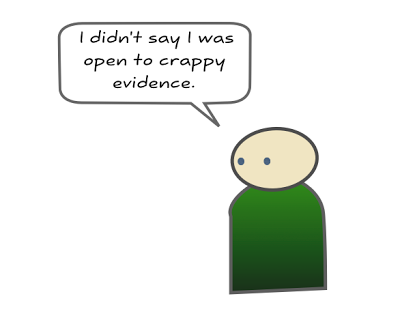

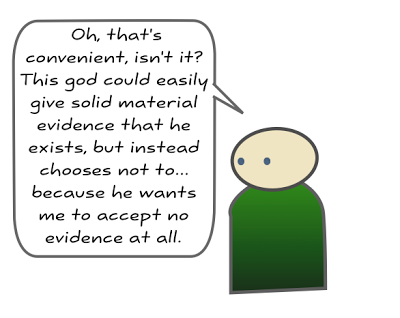
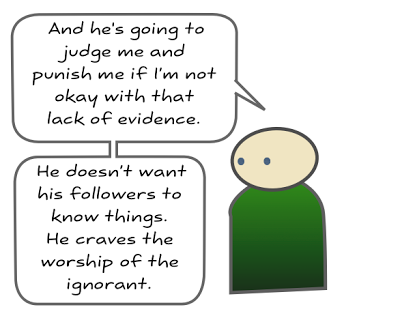
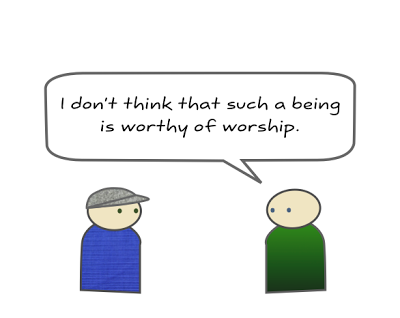





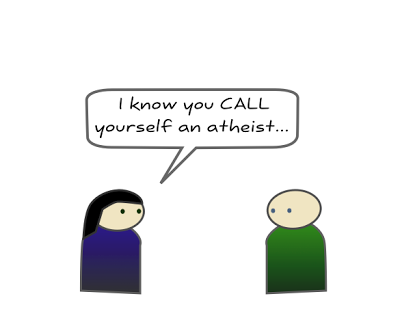


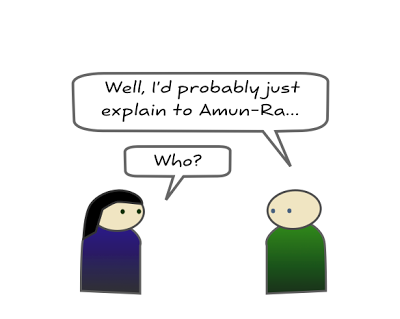
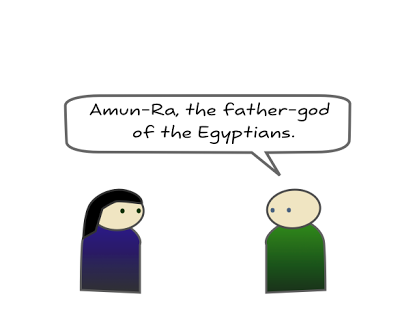
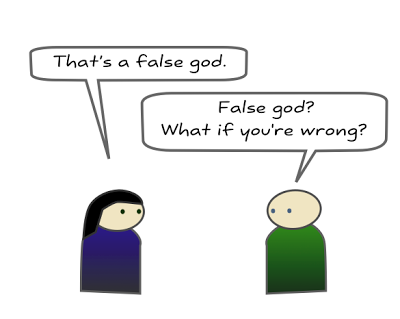
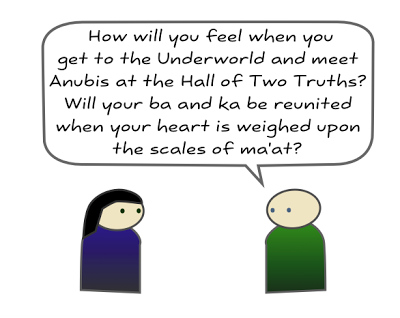
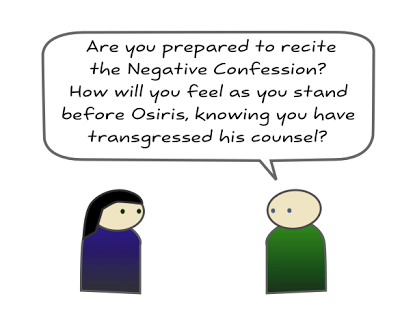

Recent Comments